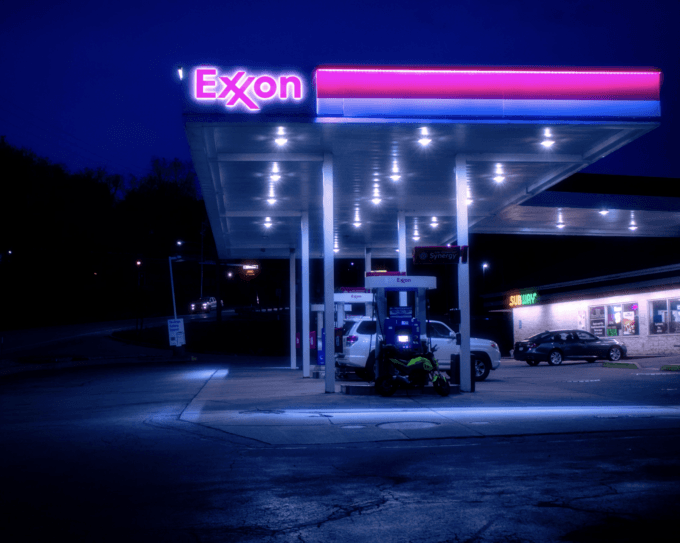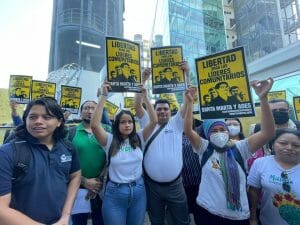NOVANEWS
-
The 12 UNASUR foreign ministers at the summit
The bloc of 12 South American countries will discuss recent U.S. actions against Venezuela.
An extraordinary meeting of the Union of South American Nations (UNASUR) began Saturday afternoon behind close doors, in the regional body’s headquarters in Quito, Ecuador.
During a conference at the beginning of the meeting, UNASUR’s Secretary General Ernesto Samper explained that the bloc’s aim is to preserve peace and democracy in Latin America.
“The main principles that gave birth to UNASUR were the preservation of this region as a peace zone, the reinforcement of democracy and the guarantee of human rights … those are the three points in which we are and will continue to work on,” he explained.
The bloc of countries will discuss Monday’s executive action approved by U.S. President Barack Obama, declaring Venezuela an “extraordinary threat to national security.”
The foreign ministers will also review a report on the situation in Venezuela, drafted by a delegation that visited the country in the first week of March.
So far, many regional leaders – such as Ecuadorean President Rafael Correa, Bolivian President Evo Morales, Nicaraguan President Daniel Ortega and Argentinian President Cristina Fernandez – have rejected and criticized the measure taken by the U.S. government.
Social movements from across the region have also expressed solidarity with the people and the government of Venezuela. Even the main group of opposition parties in Venezuela rejected the claims that Venezuela posed a threat.
During a conference at the beginning of the meeting, UNASUR’s Secretary General Ernesto Samper explained that the bloc’s aim is to preserve peace and democracy in Latin America.
“The main principles that gave birth to UNASUR were the preservation of this region as a peace zone, the reinforcement of democracy and the guarantee of human rights … those are the three points in which we are and will continue to work on,” he explained.
The bloc of countries will discuss Monday’s executive action approved by U.S. President Barack Obama, declaring Venezuela an “extraordinary threat to national security.”
The foreign ministers will also review a report on the situation in Venezuela, drafted by a delegation that visited the country in the first week of March.
So far, many regional leaders – such as Ecuadorean President Rafael Correa, Bolivian President Evo Morales, Nicaraguan President Daniel Ortega and Argentinian President Cristina Fernandez – have rejected and criticized the measure taken by the U.S. government.
Social movements from across the region have also expressed solidarity with the people and the government of Venezuela. Even the main group of opposition parties in Venezuela rejected the claims that Venezuela posed a threat.




